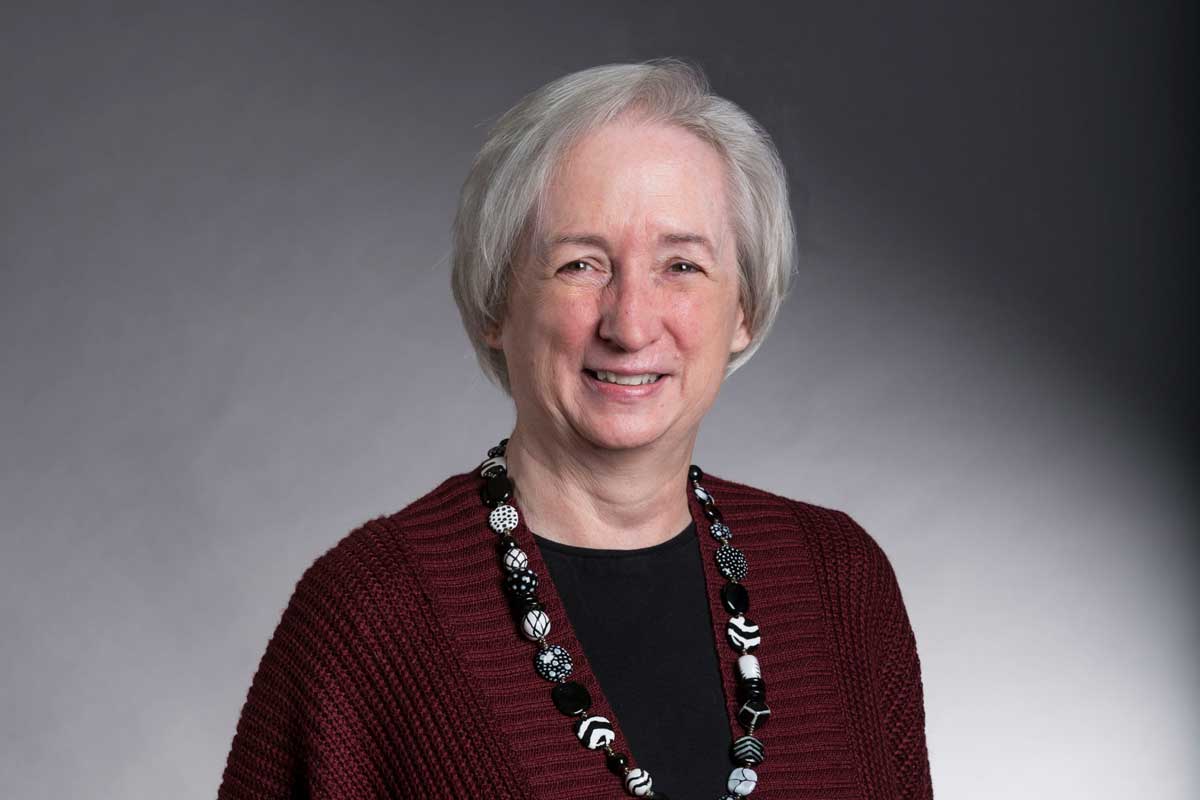
Senior Research Scientist and Associate Director Nancy L. Marshall, Ed.D., is retiring after 35 years at the Wellesley Centers for Women. She recently took a moment to look back and reflect on her time at WCW.
How has your work at WCW evolved over the years?
I came to WCW in 1985 to work as a project manager on a study of job stress and women’s health, with Grace Baruch, Ph.D., and Roz Barnett, Ph.D. I started bringing in my own funding the next year, with a study of gender bias in the Massachusetts court system and a study of the affordability of child daycare in Massachusetts. In 1989, I began 15 years of collaboration with the Early Child Care Research Network of the Eunice Kennedy Shriver National Institute of Child Health and Human Development. Since 2000, much of my research has been focused on state and local policy issues. In addition, I have taught at Wellesley College, primarily in the Women’s and Gender Studies department (WGST) and the Writing Program, for the past 20 years.
Which part of your research are you most proud of?
I’m proud to have made contributions to our understanding of employment and women’s health, and to our understanding of important policy considerations in the field of early child care and education.
When I began my research career, people still debated whether employment was bad for women’s health. My work contributed to the recognition that what matters to women’s health are the qualities of the job, such as job overload and being able to make a difference in one’s work. We’ve also shown that good jobs are not randomly distributed – women of color and lower-income women are more likely to be in jobs that are not good for their health.
When I began my research on early child care and education (ECCE), some people still believed that daycare was damaging to children because it interfered with the child’s attachment to their mother. Our research has helped to disprove that argument and offered a more nuanced understanding of ECCE – children need stable care providers who can offer age-appropriate social and educational opportunities, and families need child care that they trust and that is reliable. There are many ways to meet these needs of children and families, and government (local, state, and federal) has an important role to play.
What has been your favorite part of teaching?
I’ve most enjoyed the students I have worked with over the years. The students have pushed me to stay current in my fields and engaged me in their lives and learning processes. I enjoy figuring out how best to support students’ learning and am always revising my courses to keep them fresh. I’ve developed courses on the social construction of inequalities, on growing up in a gendered world, and on gender in the workplace, as well as taught the WGST capstone seminar for several years. I’ve also mentored students conducting independent research; I find that much of research is best learned through apprenticeships with an experienced researcher. And I’ve written many a recommendation letter and have been pleased to see how my former students’ lives and careers progress.
What are you enjoying most about retirement?
Retirement, for me, isn’t a date or an event – it’s just the next stage. I’m still working part-time the first year or so of my retirement, finishing up some administrative work, teaching a couple of courses, and working on my newest research grant. But I have had more time to spend with family, take long walks in the Arnold Arboretum, read and re-read favorite books, and work on all those projects around the house that I’d put off. I enjoyed my full-time work years very much and miss my coworkers now, but I’m enjoying this new stage as well.
December 2, 2020

